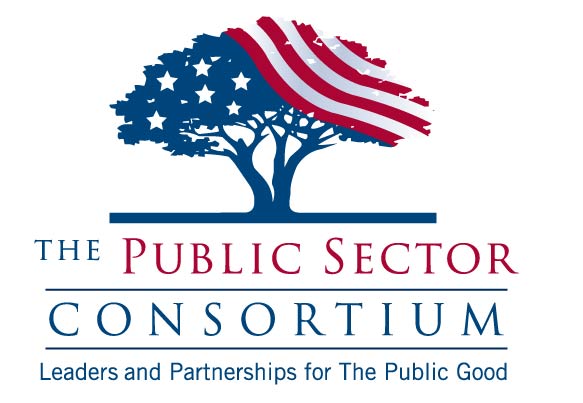In any democracy citizens are not customers, they are partners with civil servants and elected public leaders and they are also the end-users.
An end user in this example is anyone or anything who depends on you for a service or product to get their work done, achieve their outcomes or thrive. For public servants this generally means citizens, colleagues, students, or other living systems which depend on our care and protection. When Dr. Edward Deming, the father of total quality management, met with senior leaders all over the world, he would always say “Do not tell me what is in your job description tell me who depends on you and how you are meeting their needs”.
Public servants are provided an enormous opportunity to serve citizens, according to Governing Magazine as of June 2017 there were roughly 2 million federal employees to serve the 325.7 million people living in the United States. If you drove on a highway, got a tax refund, cashed a social security check, visited a national park or didn’t worry about whether your food was safe to eat, or your water safe to drink those 2 million people along with state and local public leaders helped to make those things possible. Public servants both serve and are served by their employer, not something that everyone can claim in their profession. It can be very challenging to know who we are really serving and how we should do it. Is it the passengers on a plane who travel safely because a TSA agent stopped something hazardous at security or the FAA who oversee airline safety? Is it the person who feels confident banking because the FDIC guarantees their deposit?
Each layer of government from the top to the bottom contributes confidence and dependency adds additional ideas, purposes, requirements, personalities, and political motives.
Balancing confusion about who you serve as a public servant is not an easy question in these times. Do you serve citizens even if they refuse to pay fees for fire protection or school lunches? Do you serve the newly appointed public leader even if they know very little about the work itself and have no interest in learning? Do you serve citizens who use Facebook and other forms of social media to attack you, your family and everyone you care about personally? Do you serve people you suspect of gaming the system in ways that were never intended? Do you serve when people are asking you to deal with interpersonal problems they have not resolved with neighbors and family members? These are questions that face public servants daily.
Encouraging the best people in our society to develop the professional skills and dedicate their lives to public service is becoming more and more difficult.
What we know is that every minute of every day each and everyone of us depends on a public servant to do their jobs very well. We sleep at night and have the freedom of choice and movement because someone is paying attention to the resources and protections which keep us safe and able to thrive.
Unless we as partners/citizens become involved through; dialog, community service, running for office, acknowledging the good work of public leaders as well as where there is room for improvement this so-called partnership with our public servants may become folklore. Great democracies and citizens depend on a professional and prepared civil service that are committed to public service and are trusted by the citizens. We risk losing our capacity to be great when we don’t support the vision of citizens partnering with public servants on behalf of the common good.

